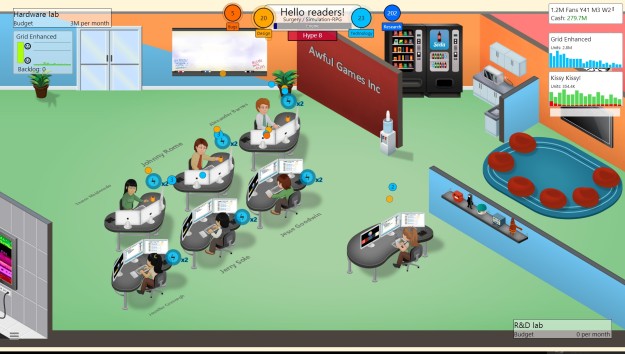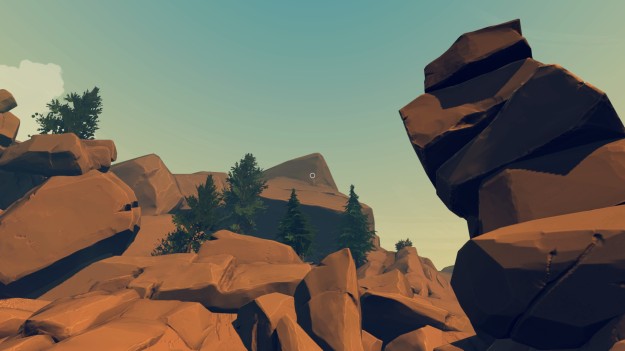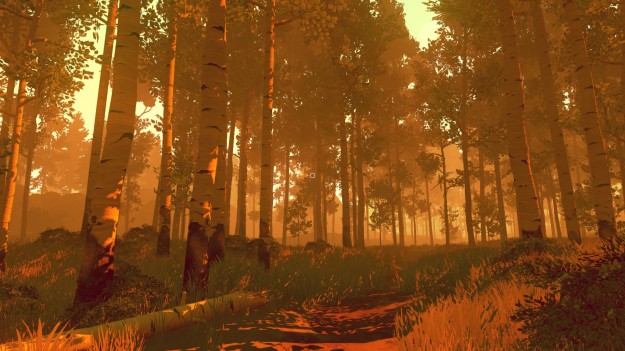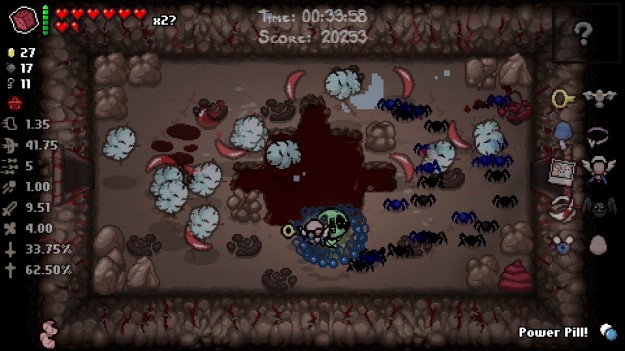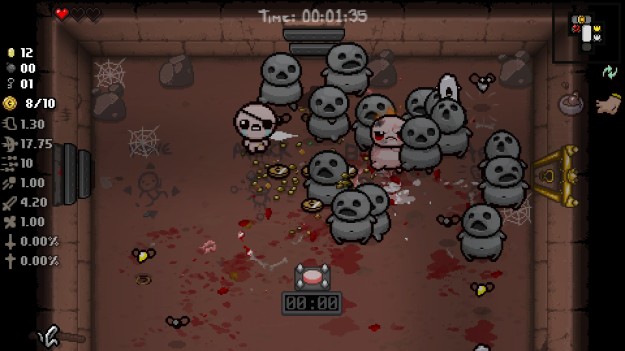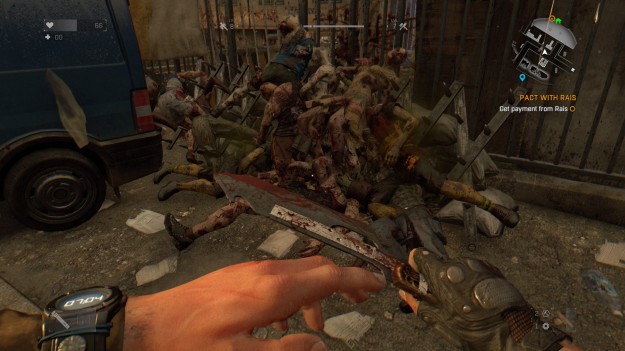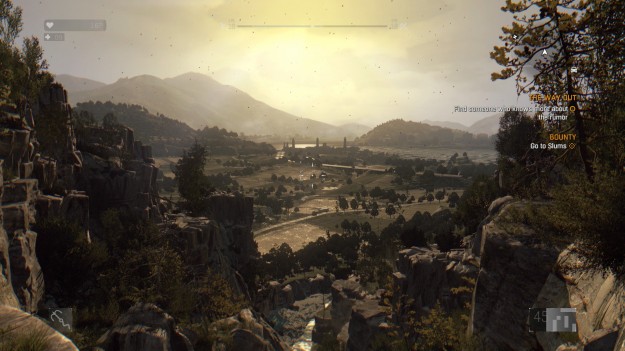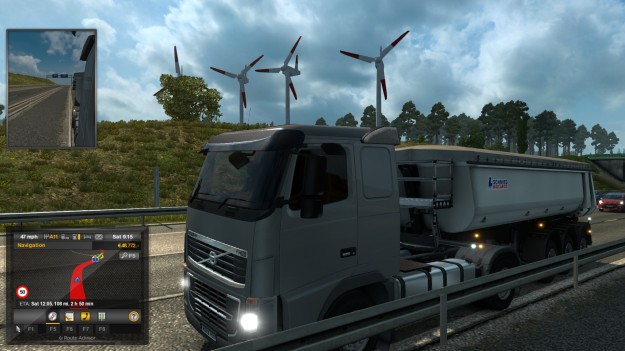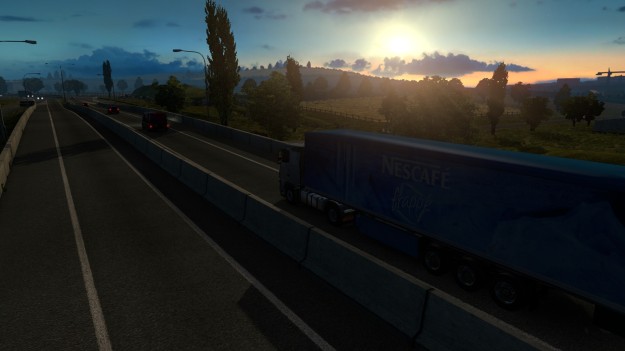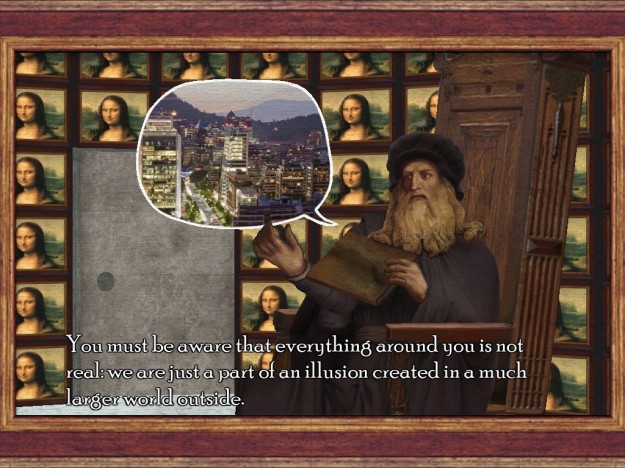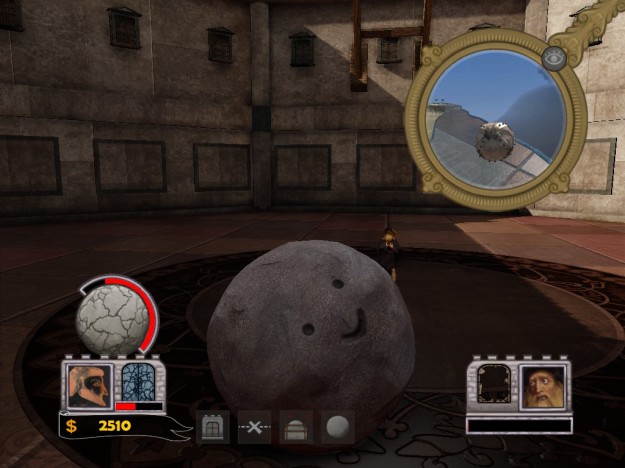Upon first impressions, everything about Abzu is curious. From its peculiar sounding name to the endless screenshots and videos showing vast ocean vistas and teeming hordes of marine wildlife,there’s very little that actually gives away what to expect when you plunge into the depths. As it turns out, there’s a lot going on beneath the waves; and most of it does a fine job at making somewhat of a splash.
Probably the first thing that truly strikes you about Abzu is how peaceful everything is. While it has some slight moments of peril, this is very much a game that’s about slow and steady exploration, and taking the time to absorb all the sights and sounds around you. It desperately wants you to take everything in; the schools of fish lazily swimming around the reef, the giant predators floating ominously around, and all the creatures and coral in between. If you’re not already bought to a stop by the sheer level of detail on offer, the many statues dotted around for your player character to sit and ‘meditate’ on only provide further incentive, with the camera whooshing around the different species at your command. In a sense, it’s the world’s most intricate fish tank, willing you to while away the hours with your face pressed against the glass. In many ways, it succeeds in doing just that.

This overall sense of serenity is not alone in this world, however, as it couples pleasingly together with a bunch of satisfying little moments and interactions that you can look forward to. Whether it is zooming through a jet stream, breaching the surface of the water on the back of a dolphin, or something else besides, there’s a lot to make you gaze with wonder and bring a smile to your face. Toss in a few bigger set pieces, none of which I’ll spoil but some of which made me exclaim softly to myself, and you’ve got a great mix of gameplay brewing up.
A sweeping orchestral soundtrack, matching the nature and events of the game perfectly, then add another layer to the whole experience. Everything gels so well together, becoming much more of a sum of its parts; only a few control issues, mainly involving trying to get your diver to actually point in the right direction, ever seems to really put a dent in the display that’s on show here. With all things considered, Abzu should have shaped up to be an instant classic.
Note I say “should”, however, because there’s a problem here that’s both massive and rather odd; for all the means by which Abzu is expertly designed and crafted, the end result it one that still fails to make any real lasting impression. You see, even with this detailed world, there’s not enough explanation or care given here to make anything actually feel important; events just seem to happen, and you’re given very little reason to care how or why. There’s also very little you can take away from the experience on show… You can speculate a little on the world on display, sure, but beyond that there’s nothing to really keep your mind occupied after turning the game off. It’s a damn shame.
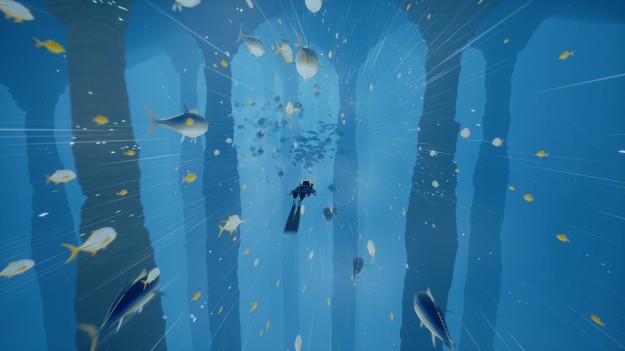
This issue is only made ten times worse when you consider the length of the game; I completed it in an hour and a half, and I considered myself to be going at a fairly leisurely pace at that. Heck, I’ve spent longer writing this review than I did actually playing through the game. Even slowing progress to a crawl and hunting out every collectable on offer would only likely drag the play time out by another hour or so.
Similar ‘artistic’ games that I’ve played have had short play times of their own, I concede – but with those I felt that I was left with a lot of things to ponder long after the game’s actual conclusion. The Stanley Parable, for instance, incited thoughts about the idea of free will and the nature of the player themselves. Another example in the shape of Firewatch only lasted an hour or so longer than what’s on offer here, but spent enough time to make me really care about its characters and what happened to them. Some of the developers for Abzu also had a hand in games like Journey and Flower, which I personally haven’t played (Much to my own shame), but had a deep impact on those that played them – as even the most casual of internet searches will attest to. Abzu, in comparison, has none of this – For all it takes place in the deep ocean, this is a game that’s remarkably shallow.
Taking into account the fairly lofty price point therefore makes it disappointingly difficult to outright recommend this game. It’s technically sound and does a lot of things right, but when the emotions it stirs up are so vapid and fleeting in comparison to similar titles, it all ends up meaning so much less. I still think it’s worth playing, but waiting for a sale is the best option here by a considerable margin; with that, you won’t end up feeling too disappointed. Anything else, and you’ll just be left with waves of disappointment.





